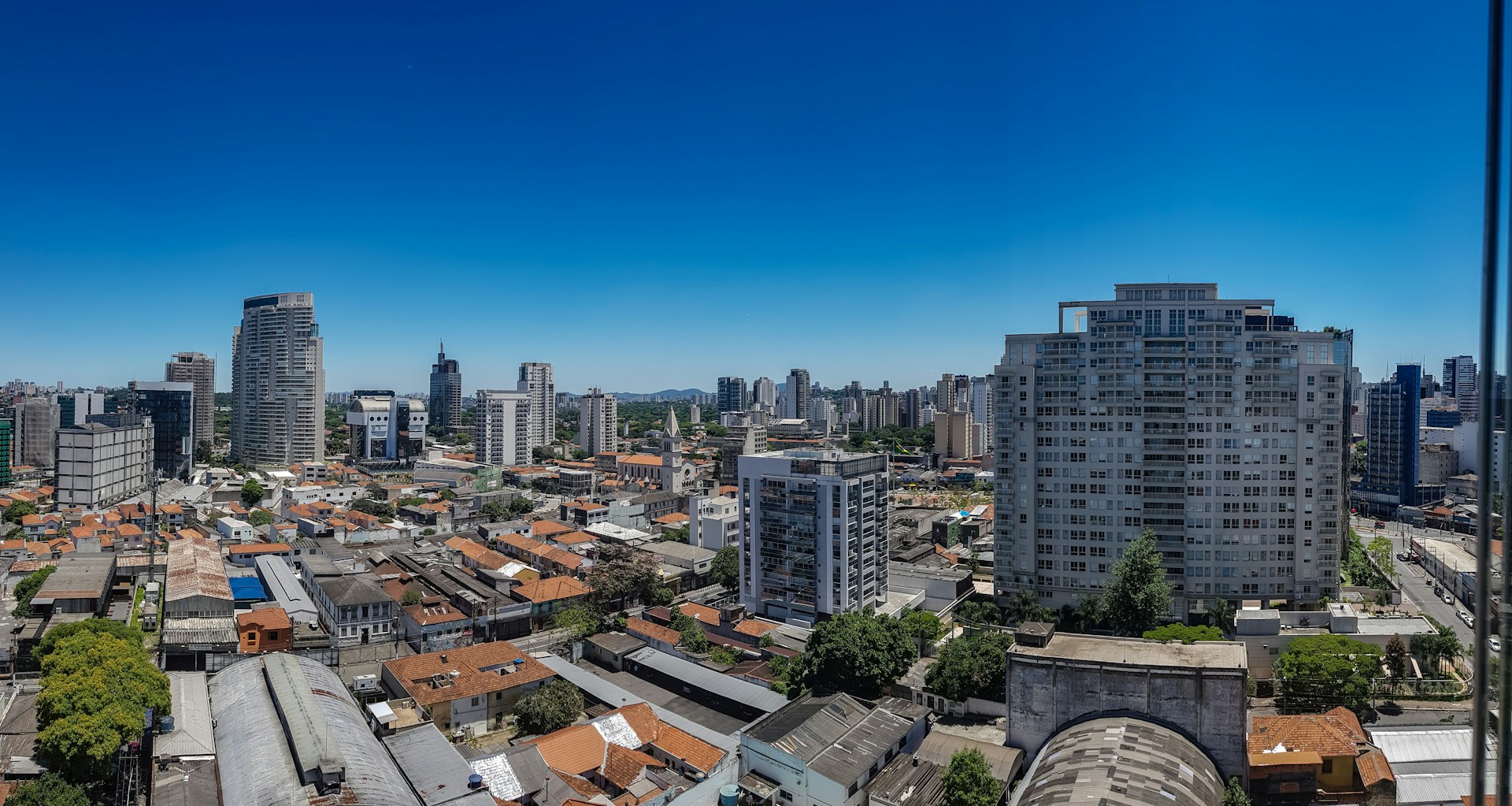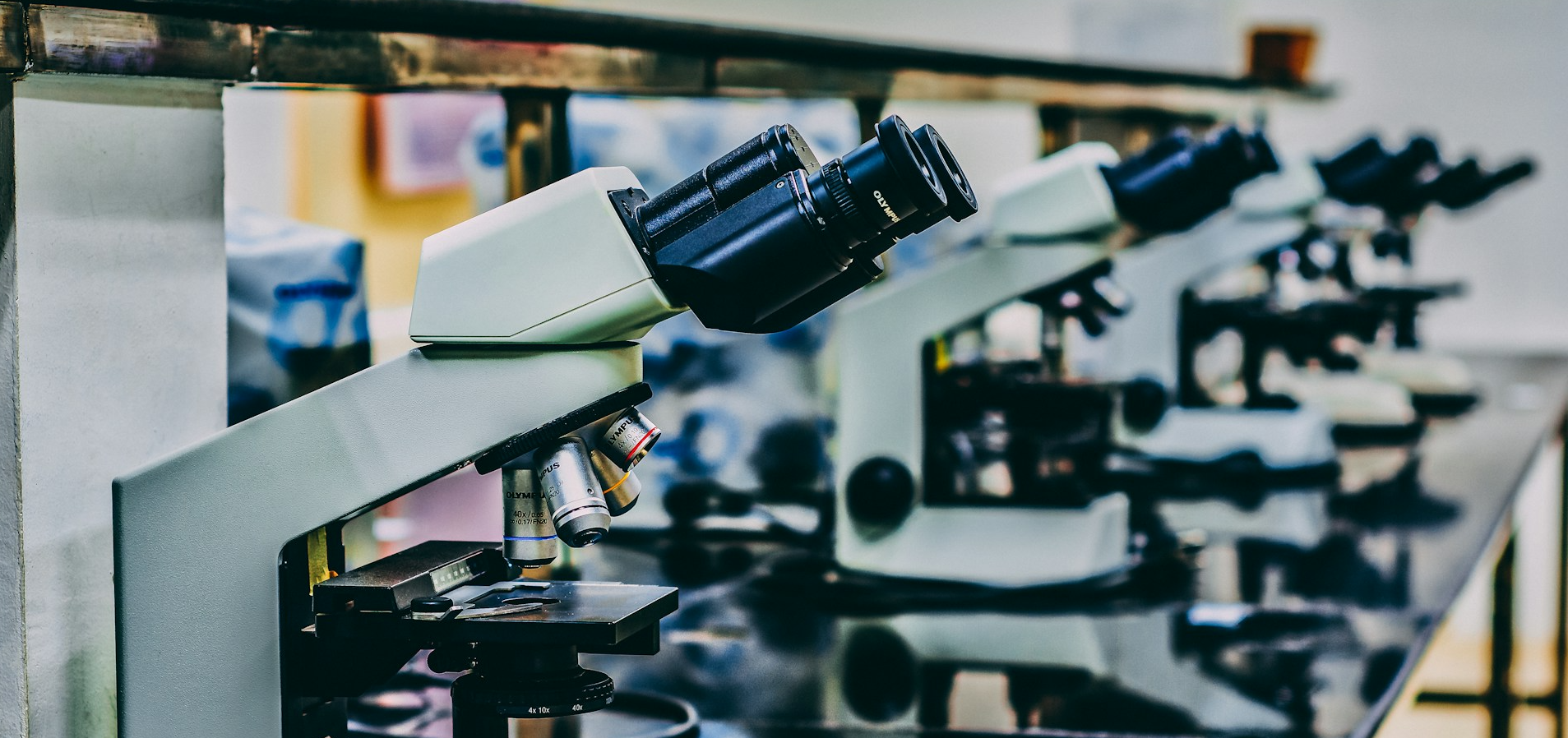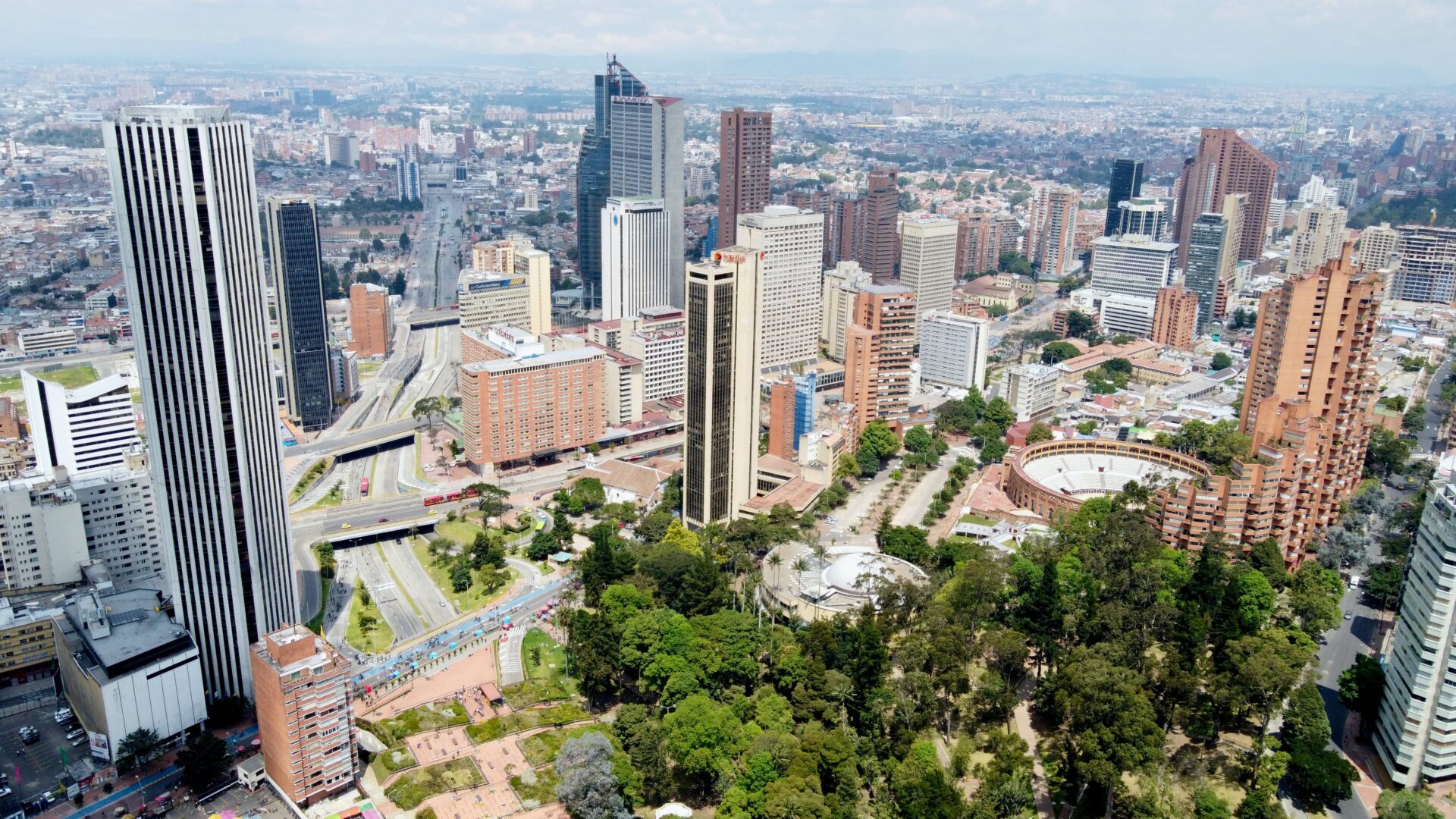Investing in Brazil
Brazil, one of the largest South American countries, is home to 203 million people with a real GDP per capita of US$9,032 in 2023.
Brazil’s real GDP is projected to grow by 3.2% in 2024, 2.3% in 2025, and 1.9% in 2026. And factors such as positive wage growth, coupled with persistent job creation will drive household consumption through 2025.
The country’s FDI environment is also robust. Net inflows of FDI make up about 3% share of its GDP – four times higher than the global average. In 2023, net inflow of FDI into the country stood at US$62.44 billion, which is on a recovery path post the pandemic. In the first half of 2024, Brazil was the second highest recipient of FDI globally, after the US.
Furthermore, Brazil’s government actively encourages foreign investments in sectors such as automobile, renewables, life sciences, oil and gas, mining, and transportation and infrastructure sectors. The Government of Brazil also does not make any distinction between domestic and foreign investments in most sectors, providing benefits such as tax exemptions and low-cost financing.
Brazil has also emerged the least unscathed from US President Trump’s Liberation Day tariffs, with only being charged the baseline tariff of 10% on all its imports to the US. In a broader trade war scenario, it reduces the risk of trade diversion away from Brazilian products, while Brazilian exporters can gain more market share due to considerably higher tariffs imposed on the US and China.
The country has also taken a significant lead in terms of investment facilitation by launching the Direct Investments Ombudsman office in April 2019, in consultation with the World Bank Group. This office responds to investor queries and grievances about legal and regulatory procedures to enter and operate in Brazil. And these services are available to all investors, regardless of their nationality.
Key Factors Driving FDI in Brazil
Brazil announced several reforms that brought in better opportunities for foreigners, enhancing the ease of doing business in the country. In 2019, Brazil improved access to credit information by opening access to two years of historical data, along with introduction of electronic certificates of origin, easing trade across borders. In 2020, it streamlined business registration by decreasing the cost of digital certificate and by making property registration easier.
Also, in terms of the startup ecosystem, Brazil ranks among the top five economies with the highest startup rate in the world, producing over 13,000 startup companies in the past decade. It is also the only country in South America, that is home to eight unicorn companies with a valuation of US$1 billion or more, and the only Latin American nation listed in the 10 leading global unicorn markets.
The sentiment towards entrepreneurship is also high among Brazilians. One in two adults plan to start a new business in the next three years, while nearly three out of four adults know someone who has started a business in the past 12 months.
The potential of Brazil’s rare earth industry has also awakened interest among global investors. The country is home to the third largest reserves of rare earths, after China and Vietnam, sharing the position with Russia. Several countries such as Canada, the UK, and Australia are already in the process of developing rare earth projects in the country, which has the potential to unlock Brazil’s rare earth industry.
Balancing Sustainable Growth
Brazil is in a strong position to balance growth that is sustainable and resilient. The country stands to gain immensely by shifting fully to renewables, as half of its energy supply, including over 80% of its electricity, already comes from renewables – significantly higher than the global averages of 27%. Furthermore, in the long-term, Brazil has more to gain from investing in using renewables for the power and transport sectors. It also boasts of high deposits in climate-relevant materials, making its economy ideal to shift its dependence from fossil fuels.
As an international think tank, Horasis is playing its role to further collaboration and development in Brazil. Between 7 to 10 October 2025, Horasis is organizing its 10th Horasis Global Meeting in São Paulo, Brazil. Being both the largest and most populous city in Brazil, São Paulo is a melting pot of cultures, providing the right platform for global leaders to discuss meaningful cooperative frameworks.
Brazil will need to be open to partnerships both within and beyond their shores. “The private sector can and should play a central role in the transition of the Brazilian economy towards a more resilient and decarbonized economy. The engagement from the private sector will be crucial to, among other aspects, finance the majority of capital investment needs for climate action, helping leverage climate finance and public spending,” said Carlos Leiria Pinto, IFC Brazil Country Manager. “But for that to happen, we need an enabling business environment and public support to attract private investors and accelerate innovation.”
Photo Caption: São Paulo is both the largest and most populous city in Brazil.



